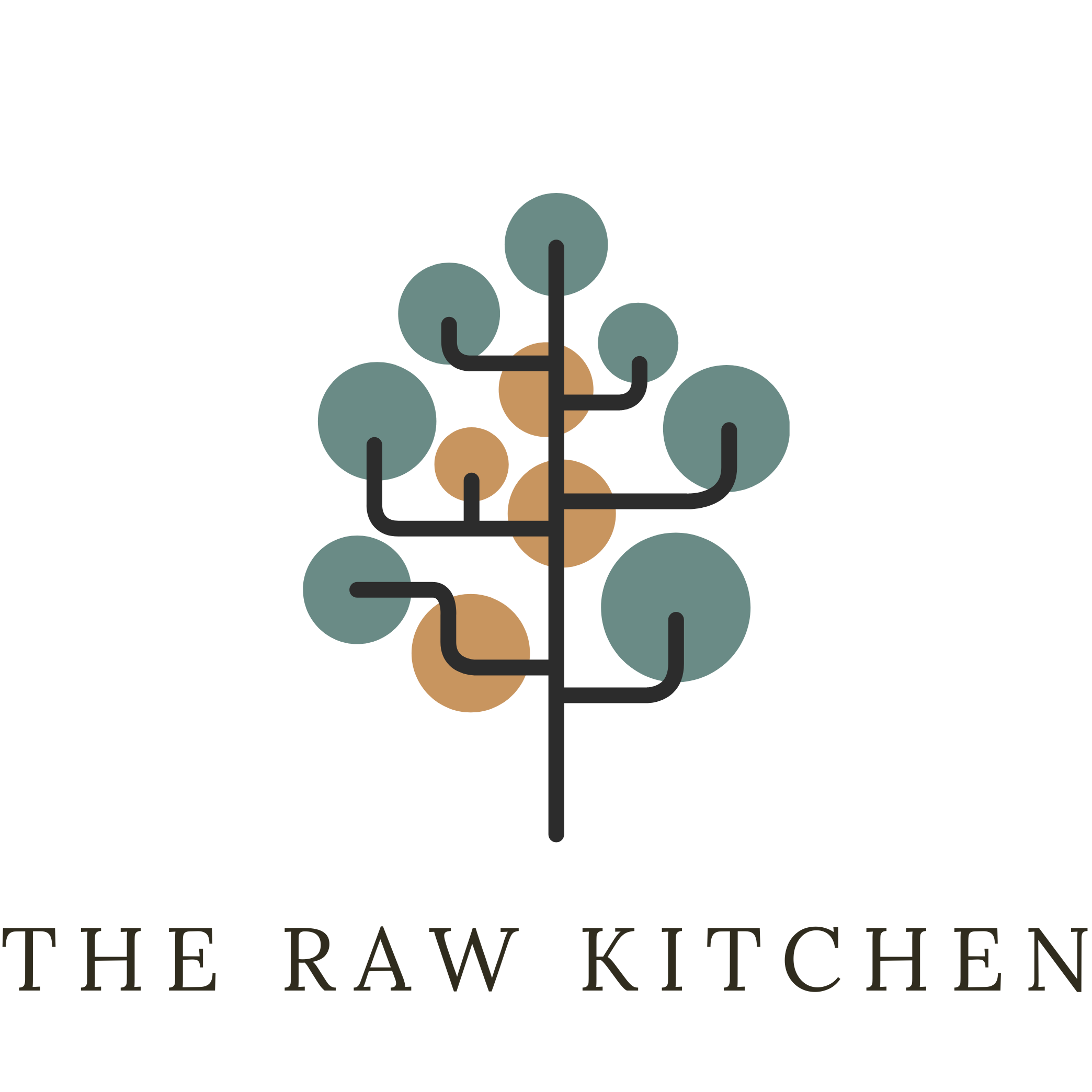
Are supplements worth buying?
In the pursuit of optimal health, supplements, including vitamins, minerals, and especially herbal concoctions, have become a cornerstone for many. They promise to fill nutritional gaps and bolster health, but the real question is, are they worth the investment?
Understanding the Supplement Spectrum
Supplements range from vitamins and minerals to herbs and enzymes, designed to complement the diet, not substitute it. Their role and efficacy, however, spark debate, particularly when it comes to herbal supplements and the quality of nutrients provided.
The Potential of Herbal Supplements
Herbal supplements, with their roots in traditional medicine, offer intriguing benefits. Yet, their efficacy and safety are less documented in scientific literature compared to conventional nutrients. This lack of rigorous research means consumers must proceed with caution. Herbal supplements can interact with medications, leading to adverse effects or diminished drug efficacy. Therefore, consulting both a healthcare provider and an expert in herbal medicine is crucial before incorporating these supplements into your regimen. This dual consultation ensures that any supplement choice complements your health without unintended consequences.
Quality Matters
The quality of supplements can vary significantly, affecting their efficacy and safety. This is particularly true for vitamin supplements. For instance, synthetic ascorbic acid, commonly marketed as vitamin C, may not provide the same health benefits as whole food sources. Research suggests that vitamin C derived from whole foods, often available in freeze-dried powders, is more effectively utilised by the body. Unlike its synthetic counterpart, whole food-based supplements retain a complex of nutrients, enhancing their effectiveness and potentially reducing the risk of long-term negative impacts.
Navigating the Risks and Rewards
While certain individuals may benefit from supplements—such as those with dietary restrictions, older adults, or people with specific health conditions—the general populace should approach them carefully. Supplements offer a nutritional backup but should not replace a varied and balanced diet.
Indiscriminate or uninformed use of supplements poses health risks. Excessive intake of certain nutrients can lead to adverse effects, emphasising the need for professional guidance. The unregulated nature of many supplements, especially herbal ones, further complicates safety assurances.
Informed Choices for Health
If you're considering supplements, take steps to make informed choices:
- Seek Professional Advice: Engage with healthcare professionals and herbal medicine experts to tailor supplement choices to your health profile and needs.
- Emphasise Diet: Focus on a nutrient-rich diet as the foundation of health, using supplements to fill specific gaps under professional advice.
- Opt for Quality: Choose supplements, particularly those derived from whole foods, from reputable sources to ensure efficacy and safety.
To summarise, supplements, especially when chosen wisely and used under professional guidance, can support health. However, they are not a solution for all difficulties and diseases. A balanced diet, enriched with whole foods, remains the staple of good health. When considering supplements, particularly herbal varieties and nutrient-specific forms, prioritising quality and professional consultation is paramount to harnessing their benefits without compromising well-being.



Leave a comment
This site is protected by hCaptcha and the hCaptcha Privacy Policy and Terms of Service apply.